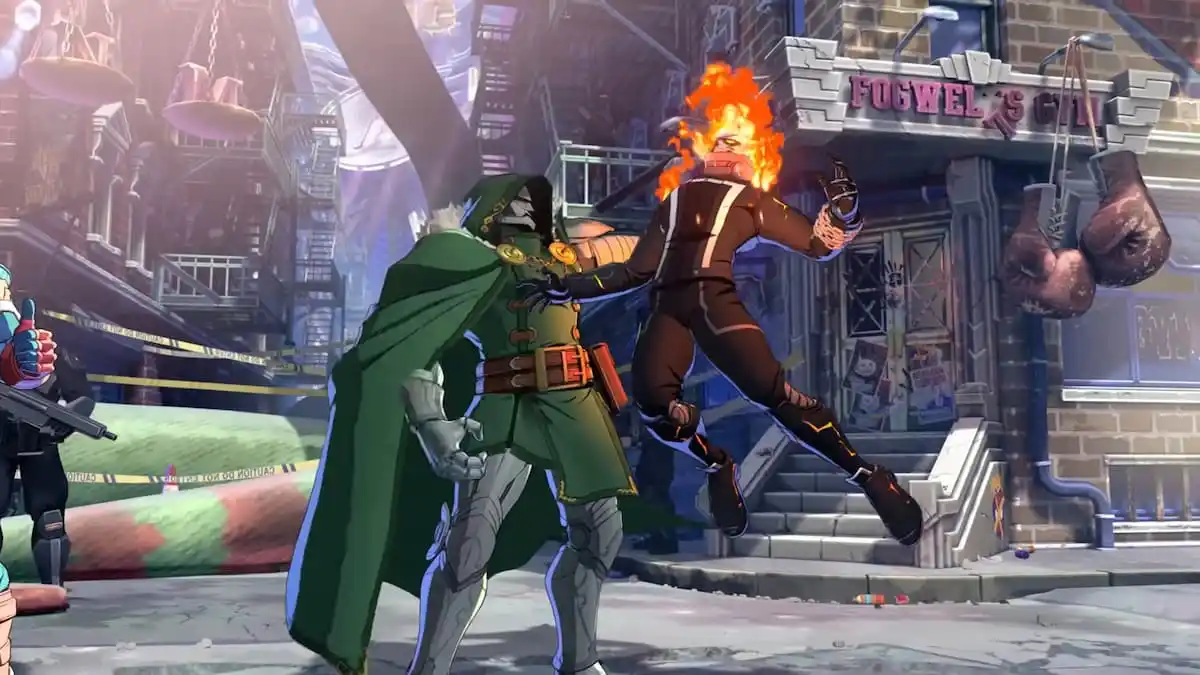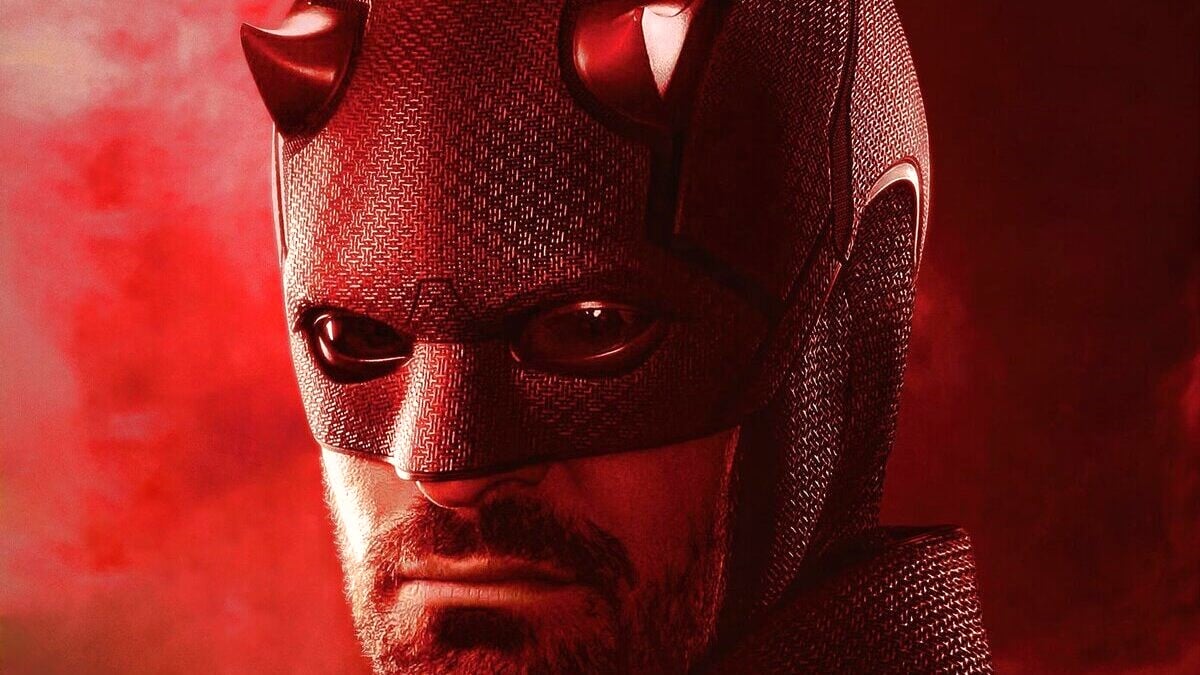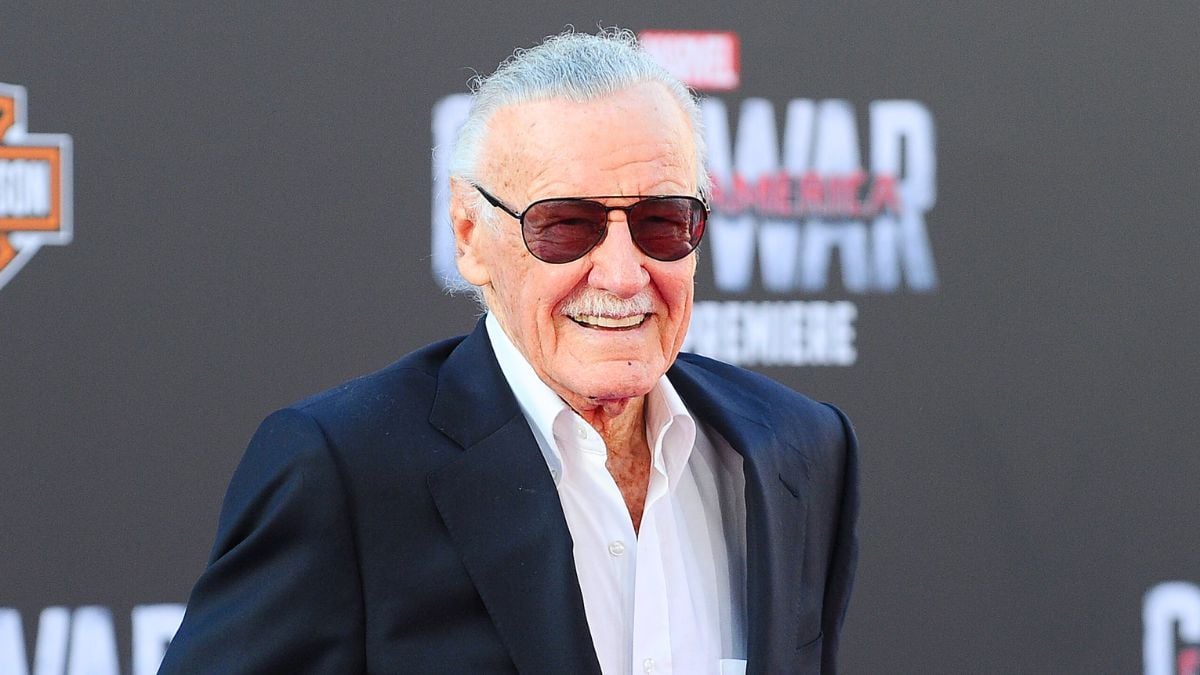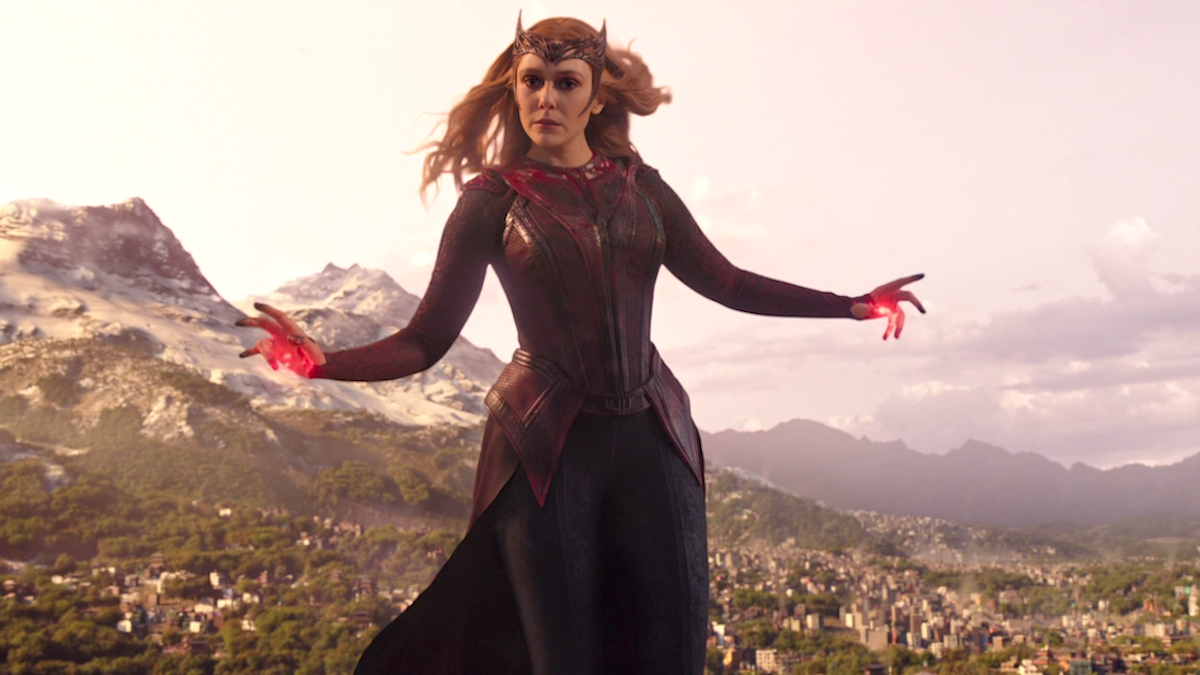Captain America: Steve Rogers #7-10

In the wake of Civil War, Nick Spencer continued to put the pieces in place. While the Red Skull continued to gain power, launching guerrilla wars across Eastern Europe, Captain America began to prepare his own attack against the villain. Meanwhile, Captain America #8 purposefully focused in on the new Quasar, establishing her power levels and setting her up as a major pawn in Steve Rogers’s game.
Meanwhile, Rogers began pushing the so-called S.H.I.E.L.D. Act – an Act that would greatly expand S.H.I.E.L.D.’s powers, even giving them the power to take over the military, police and emergency services in the event of a national emergency. At the same time, he gave a key-note speech at Maria Hill’s tribunal that led to her being removed as Director.
Captain America’s ruthless plan was a simple one; to set up Sharon Carter, someone he could manipulate, as the new head of S.H.I.E.L.D.. In a stunning twist, Carter instead nominated Steve Rogers. And so it was that Steve Rogers, Agent of Hydra, became Director of a new, expanded S.H.I.E.L.D..
Civil War II: The Oath

Everything came to a head in Civil War II: The Oath, which featured an ostentatious inauguration scene in which Steve Rogers – Captain America – was sworn in as new Director of S.H.I.E.L.D.. It’s a key issue, revealing that Steve Rogers saw a lot more from Ulysses’s vision than we realized. He saw the rise of Hydra, and if his death lets that happen – he’s willing. Nick Spencer carefully wove that vision back into the main narrative, ensuring that we see it as part of the arc he’s building up.
Again, the issue is jam-packed with political statements. The book was published within a week of Donald Trump’s inauguration, and it’s pretty much impossible not to see a dark reflection of US politics. Spencer gives Steve Rogers a chance to vent his opinions; that Iron Man and his ilk have been so busy building a complex world that they’ve left the people behind, they’ve lost the public’s trust. Rogers’s goal isn’t just to change the world; it’s to burn down the system and to build something new. Something that, to his mind, is greater. This, again, is clearly symbolic of both Donald Trump and Steve Bannon, one of his main advisers.











Published: Feb 5, 2017 11:12 am